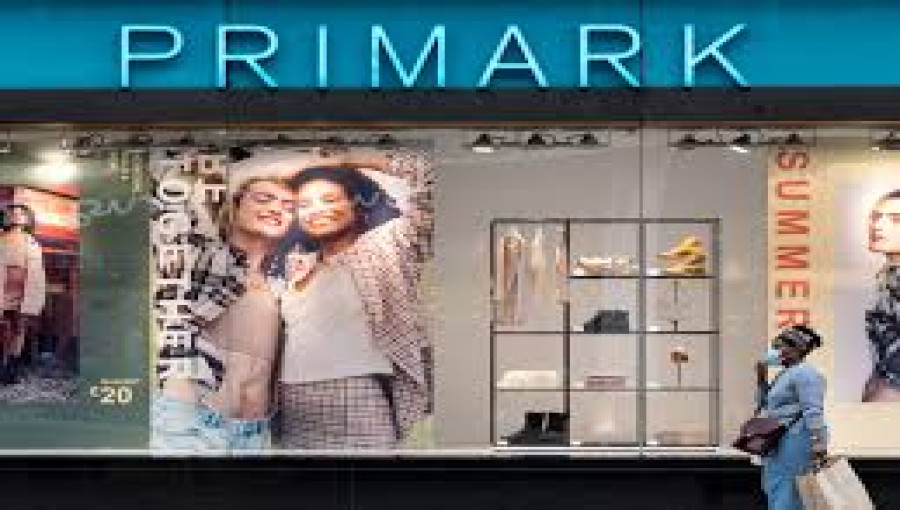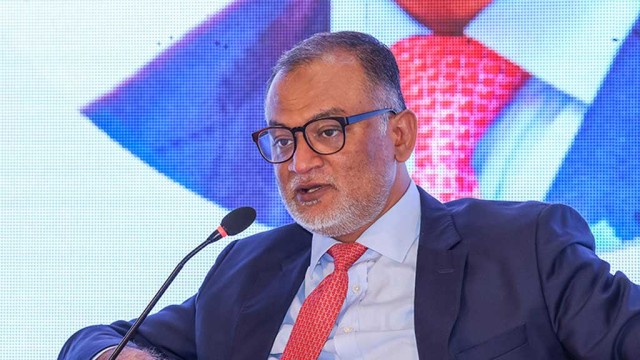Nov 28, (V7N) - Primark, the Ireland-based budget fashion chain, is defending its practices amidst criticisms of its environmental and ethical impact while doubling down on its high-volume, low-cost business model. CEO Paul Marchant emphasizes that the company is committed to maintaining ethical practices despite sourcing most of its garments from Asia and facing scrutiny over workers' rights and sustainability.
Marchant insists that an ethical supply chain is achievable with proper partnerships and robust controls. Primark says it complies with the International Labour Organization's code of conduct and conducts regular audits of its suppliers in countries like India, Bangladesh, and Pakistan, where labor protections are often weak.
However, critics point to instances of worker exploitation. For example, former partner SMART Myanmar was found to impose excessive working hours without clear leave entitlements. Primark denied more serious allegations, such as verbal abuse and restricted toilet access, but acknowledges challenges in enforcing standards across complex supply chains.
Primark faces significant criticism for contributing to "throwaway fashion," which environmental groups argue strains natural resources. While the company ships its goods by boat to reduce emissions, 97.5% of its carbon footprint comes from suppliers. Primark claims it is working to lower its greenhouse gas emissions and promotes practices like regenerative agriculture among Indian cotton farmers.
Marchant defends Primark's volume of sales, arguing that the company sells everything it produces and focuses on "everyday clothing" rather than fast-changing fashion trends.
Primark’s formula—producing cheaply in Asia, selling affordably in Europe, avoiding online sales, and minimizing overstock—has led to record profits, surpassing £1 billion ($1.3 billion) for the first time. Despite challenges, Primark competes with fast-fashion giants like H&M, Zara, Shein, and Temu, relying on economies of scale and strategic partnerships with brands such as Netflix, Disney, and Hello Kitty.
The company plans aggressive expansion, targeting France, Spain, Portugal, Italy, and the United States. It is also entering the Middle East through franchise partnerships in UAE, Kuwait, Bahrain, and Qatar, aiming to open stores within 12 to 18 months.
Primark’s 453 stores are designed to attract a broad audience by offering more than just clothing. Stores feature cafes, eyebrow bars, hairdressers, and niche collections catering to parents, pregnant women, breast cancer survivors, and individuals with disabilities. This approach helps Primark differentiate itself from competitors while reinforcing its affordability and accessibility.
Primark has built a successful model centered on cost efficiency, yet it remains under scrutiny for its environmental and ethical footprint. While Marchant highlights efforts to address these concerns, systemic issues in global supply chains and the environmental costs of high-volume fashion pose ongoing challenges. As the company expands, balancing growth with genuine progress on these fronts will be key to sustaining its reputation and market position.
END/BUS/RH/






























Comment: